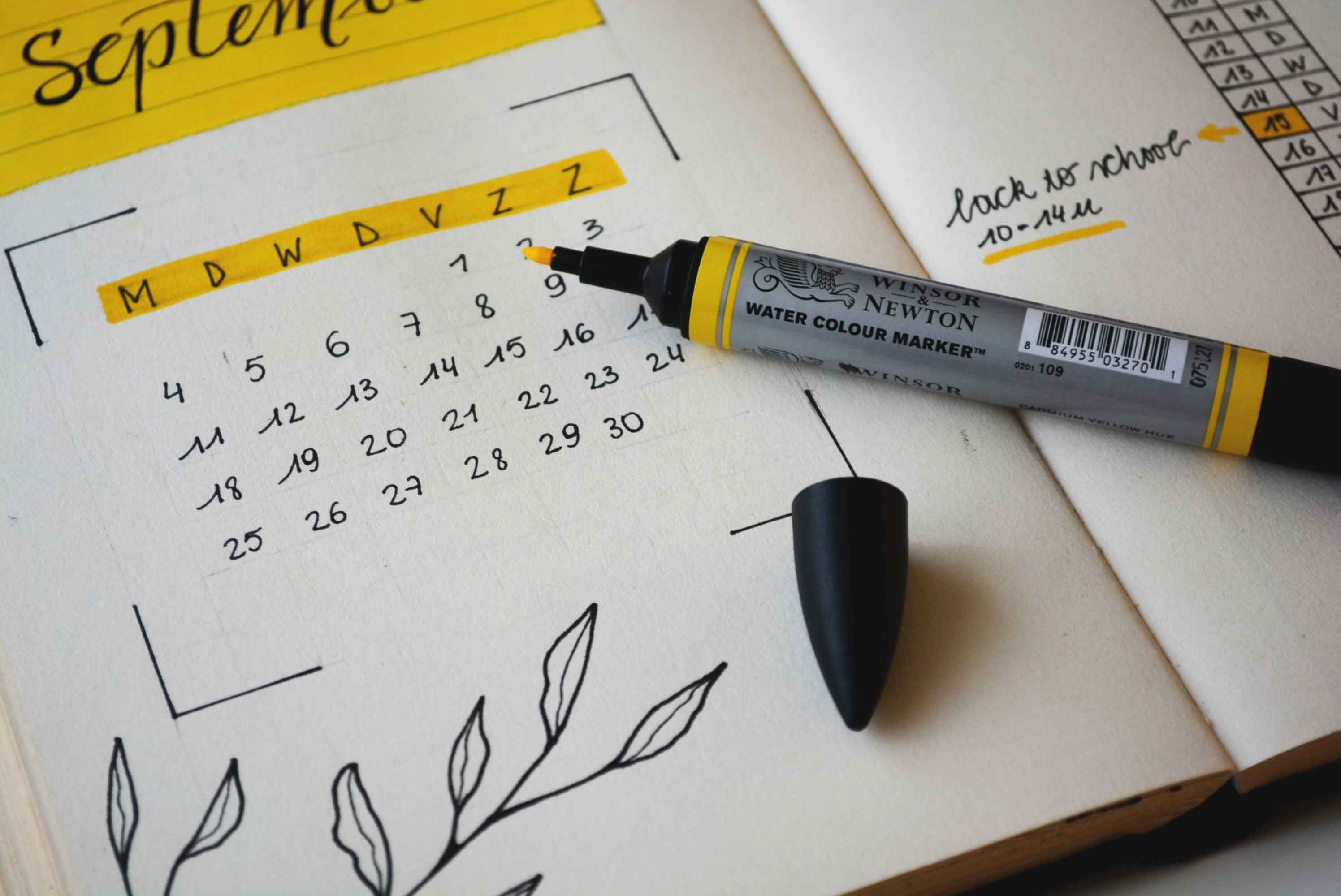Since students start their new school year, they all are taught a bunch of facts, formulas, theories, and so much more. Throughout the year, teachers exhaust their energies to teach students the entire exam syllabus. In addition to this, students put countless hours to study their course material so that they can pass to the next class with exceptional grades. Thus, it all comes down to how well you perform in your examinations. This article will focus on providing you tips that will ensure your better grades in your Matriculation or Intermediate examinations. Every student knows that without studying hard no one can expect to achieve total exam success, however, there are small tips that students can apply to their studies to increase their chances of scoring better grades.
Here are some helpful tips that you can start using right away!
Start Preparing Ahead Of Time
Most students do not start studying until one night before the exam; such students try to “learn” the entire exam syllabus by cramming everything studied since the start of the school year in one night. Even though most students practice this, however, this is not the way to prepare for an exam, let alone a final exam. Many researchers state that learning ahead of time is a good practice that should be followed by all students. In order to learn ahead of time, students have to make a timetable and harness their time management skills. You can start by writing down on when do your matriculation or intermediate exams start and on which days the exams take place. Calculate the time and effort you need to put in for a particular course according to the difficulty level of that subject, for example if you find mathematics more difficult than English then you would need to put in more time in your study schedule for mathematics and practice it more.

Organize Your Study Space
It is absolutely important that the area you study in is organized according to your preferences and you have enough space to lay out your textbooks, notes, and other materials that you need. In addition to this, it is also necessary that your work space is free of distractions. Try to make your work place a zone where you can concentrate and focus on what you are studying. This means that you switch your phone to airplane mode or completely turn it off. If your surroundings are filled with distractions then it will be difficult for you to complete your study goals on time.
Draw Flowcharts And Diagrams
Learning with different ways helps you cement your knowledge because your brain is looking at things in ways that it had not seen before, so it is able to connect information together and increases recall ability. Flowcharts are visual aids that can be helpful when students start revising, this is because in such charts, the information is broken down concisely and all you need to do is go through the chart or diagram to help you remember key facts and the information related to it will also come.
Practice Past Papers
The best tip to prepare for your examinations by far is practicing old past papers. This is one of the most effective tips and backed by science. Practicing past papers helps you to formulate your answers and brings coherence in your thinking when writing an answer. Apart from this, practicing also acquaints you with the format of the questions and if you time yourself while practicing exam questions then it also enhances your time management skills.
Explain What You Have Learned To Others
Once you have learned something, another better way to make sure that you remember what you have learned is by teaching someone else about it. Explaining what you have studied to others clarifies the answer in your head and highlights areas that you do not have a good grasp on. For example, if you are learning about plants in biology, try explaining what you have studied about plants to your siblings, parents, friends etc. if you have some difficulty explaining the concepts or you are unable to answer their questions then go back to your textbook to prepare your topic better.
Take Regular Breaks
Learning for long intervals of time does not equate to effective study session. Studying for 4 to 5 hours consecutively will prove to be counterproductive. In such long study sessions, you will lose your focus and concentration, so learning and memorizing concepts becomes more difficult than it should be. Many researchers show that taking regular breaks of 10 minutes helps you to retain knowledge better for long periods of time. So, when you start preparing for your examinations do not forget to take breaks!








.gif)




































